
OR
Rapid assessment of COVID-19 funds worldwide finds widespread accountability lapses
Published On: May 25, 2021 04:15 PM NPT By: Republica | @RepublicaNepal
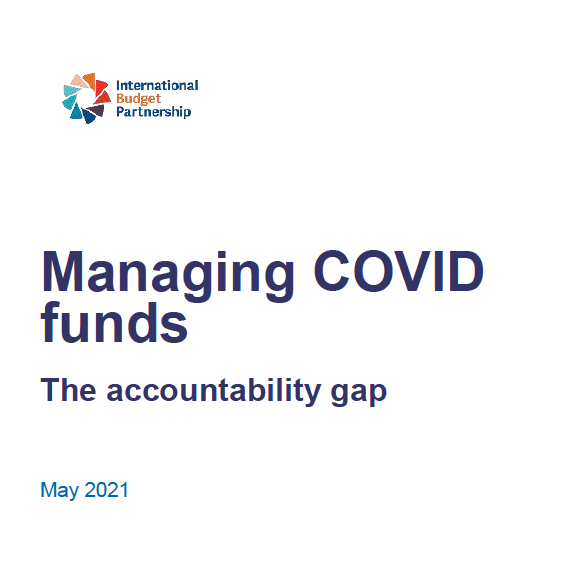
KATHMANDU, May 25: The International Budget Partnership on Monday released a global scorecard of accountability that found widespread weaknesses in transparency and oversight of COVID assistance, estimated to have reached $14 trillion USD by the end of 2020.
As per the assessment report launched virtually, Nepal is found to have only provided limited levels of accountability in the introduction and implementation of their early fiscal policy responses. The Budget Speech for the Fiscal Year 2020/21 introduced by the Ministry of Finance in 2020 was assessed as an emergency fiscal policy package of Nepal.
According to the findings, Nepal falls in the category of ‘limited’ in transparency which was assessed on indicators such as introduction of fiscal package (macroeconomic and aggregate budget information, policy measures, recipients and performance, sources of financing and extra budgetary funds, and implementation of the package (reporting on execution, extra budgetary funds and procurement). Likewise, the country falls in the category of ‘some’ in oversight which was assessed based on the role of legislatures and role of the national audit office. Nepal is in the category of ‘minimum’ in participation which was assessed based on the criteria of public participation.
The International Budget Partnership in a statement said it is crucial that governments be transparent and accountable as these massive expenditures are having short and long-term consequences for their public finances and most importantly, their people. "The rapid assessment of 120 countries including Nepal across 26 indicators of transparency, oversight and public participation in the management of Coronavirus assistance found that more than two-thirds of governments fell short of managing their emergency packages in an accountable manner; almost two-thirds failed to follow transparent procurement procedures, almost half of the countries bypassed legislatures to introduce relief packages and only about a quarter of national auditors published expedited audit reports," it further said.
According to the global report, governments are falling short in all the areas of reporting on implementation, procurement transparency and timely audits. First and foremost, the severe lack of public reporting on implementation of policy initiatives is hampering efforts to hold governments accountable for the effectiveness of their crisis response. The governments published little or no information on actual vs planned spending, financing and performance, while only a handful ensured access to adequate levels of reporting. Transparency was especially weak when it came to reporting on the impact of policies on different categories of beneficiaries.
The report also highlighted that most countries, almost -hirds of those surveyed including Nepal, published very limited information on the introduction and use of simplified pandemic-related procurement procedures, making it difficult to assess if governments were getting value for money in purchases of medical equipment or other goods and services.
In only about a quarter of the countries assessed were government auditors able to produce and publish audit reports before the end of 2020, in time to allow for an independent check on COVID-19 spending as it happened. Another important area of accountability calls for keeping apprised of the differing needs of vulnerable groups in the population and taking targeted action accordingly.
In regard to the role of legislatures, Nepal’s parliament was found to have provided adequate role in the endorsement of the fiscal policy package in the name of enacted budget. However, the parliament did not regularly receive and debate reports on the implementation of COVID-19 response policies, and even fewer received and debated related audit reports.
Citizen participation in the formulation and execution of COVID-19 policy responses is virtually non-existent, excluding the public from having a voice in decisions on priority-setting during the pandemic, and depriving governments of contributions which could greatly improve the effectiveness of their actions. As assessed Nepal had provided minimal public participation opportunities in course of seeking their inputs while putting in place fiscal policy response to the pandemic.
“When the crisis broke, we urged governments to be transparent and accountable because we knew from our Open Budget Survey there were weaknesses in accountability systems globally,” the statement quoted Vivek Ramkumar, senior policy director of the International Budget Partnership, as saying. “Unfortunately, this scorecard shows too many governments are falling short, to the detriment of the public they serve. It doesn’t have to be this way—we encourage countries to incorporate the good practices our report highlights in ongoing relief efforts and international donors to support country-led efforts to strengthen accountability norms.”
You May Like This
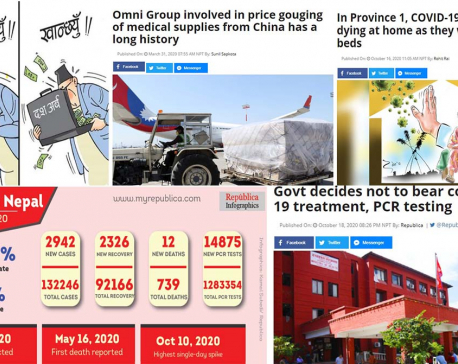
As Oli government limits its role to counting deaths during the greatest public health crisis, people are dying at an alarming rate
Experts say the government has decided to shred the constitution ... Read More...
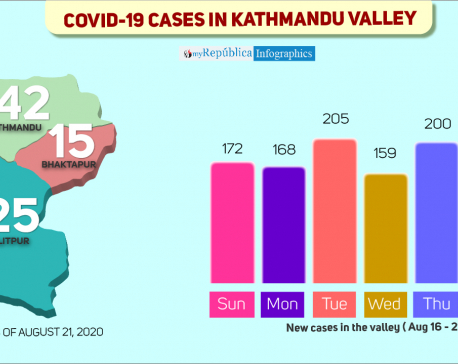
182 new COVID-19 cases in Kathmandu Valley
KATHMANDU, Aug 21: As many as 182 people have tested positive for the novel coronavirus disease (COVID-19) in the past... Read More...

Thamel on the brink of total collapse
More than 200 businesses have already left Thamel ... Read More...

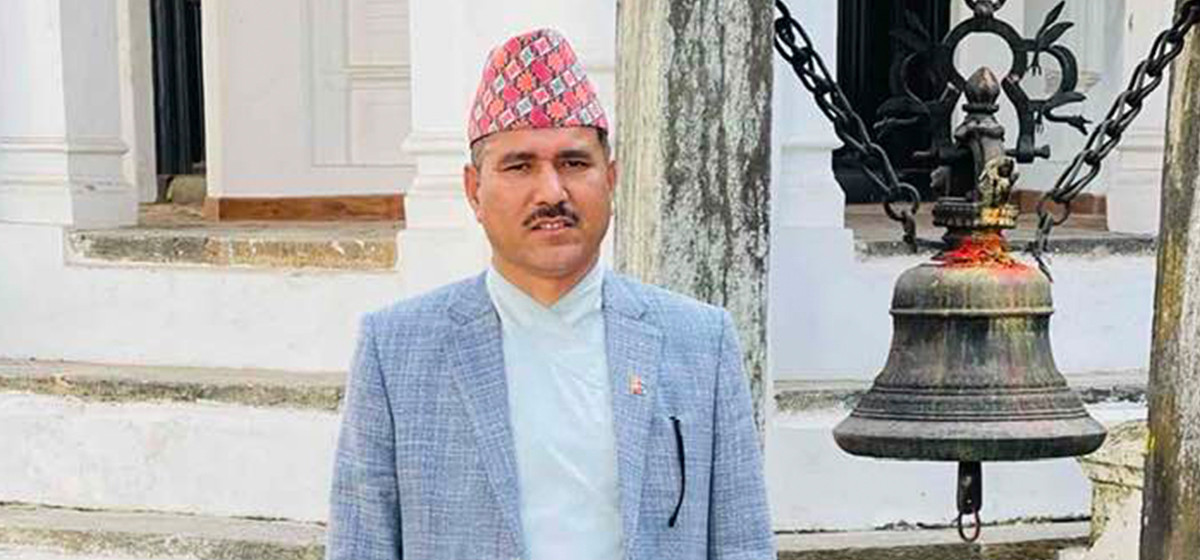
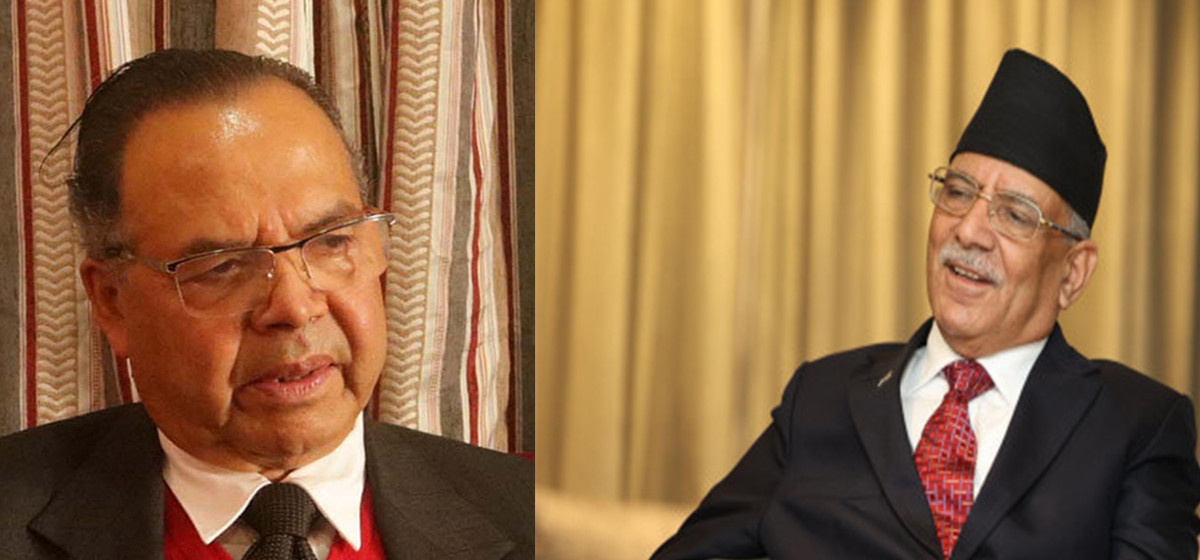
Just In
- China's economy grew 5.3% in first quarter, beating expectations
- Nepal-Bangladesh foreign office consultations taking place tomorrow
- Kathmandu once again ranked as world’s second most-polluted city
- PHC endorses Raya as Auditor General
- PM Dahal and ex-PM Khanal meet
- Revised report on job specification submitted to PM
- Home ministry recommends Joshi and Dhakal for promotion to AIG
- Madhesh CM Yadav to seek vote of confidence today



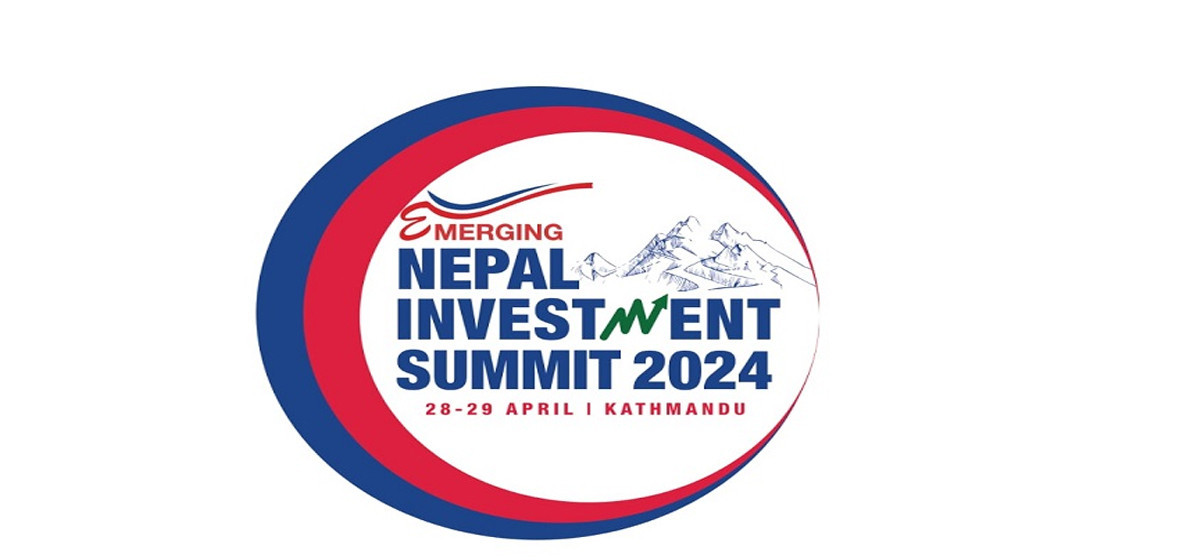
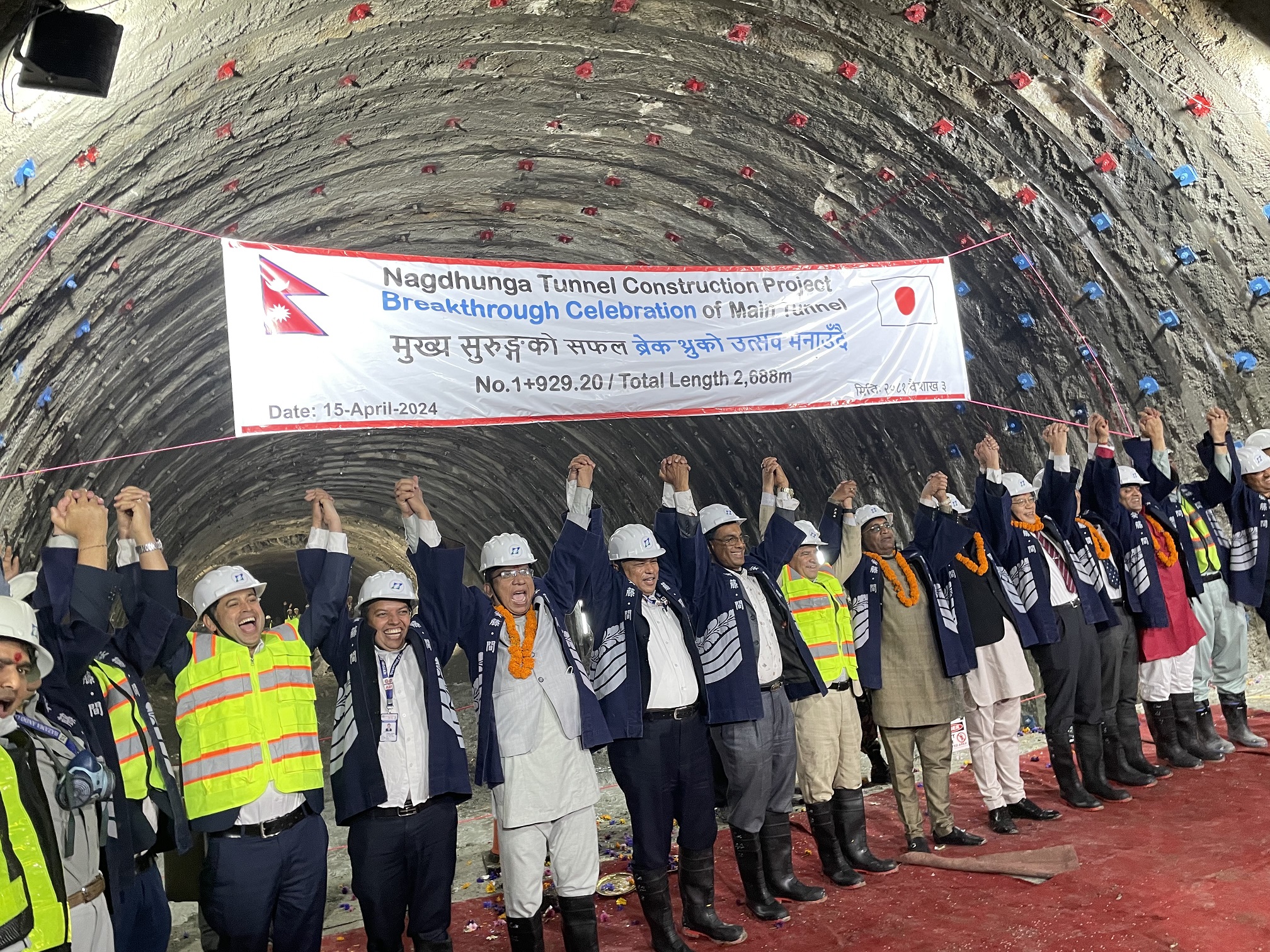



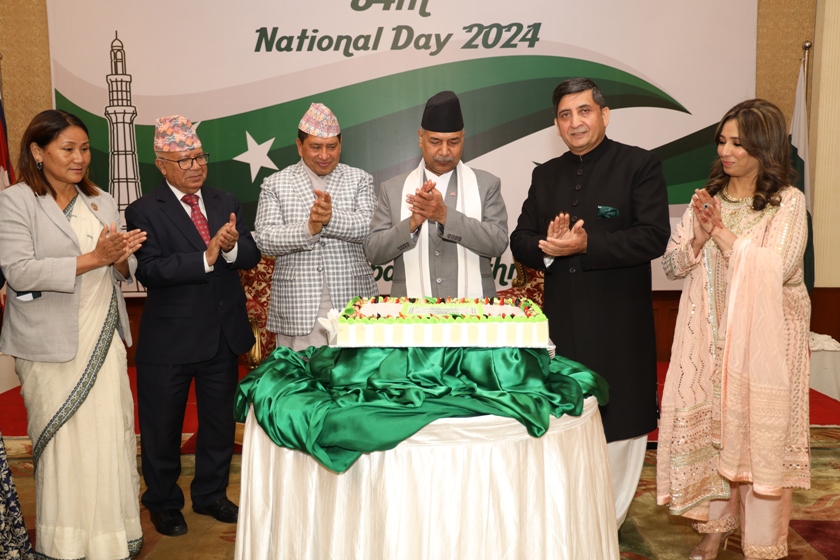


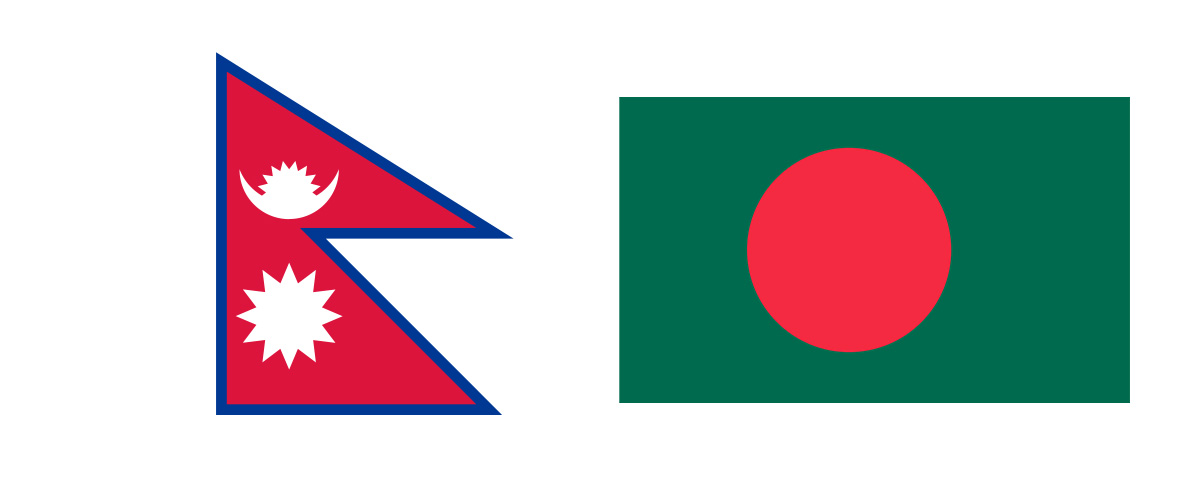

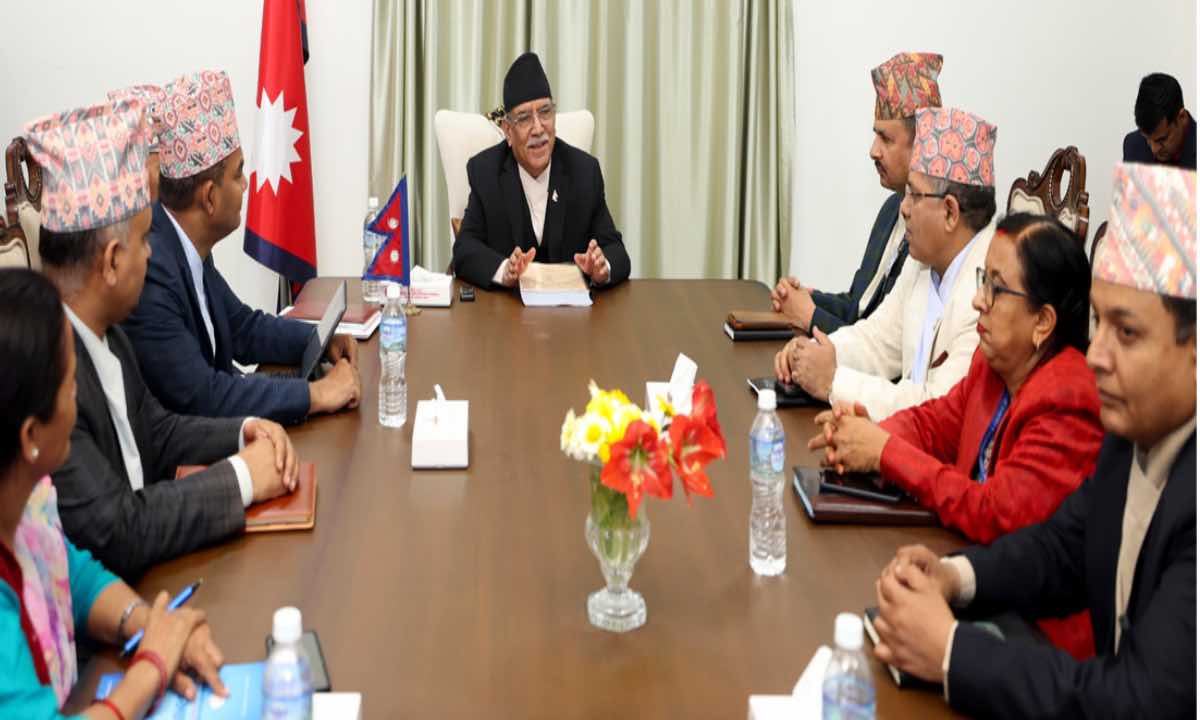

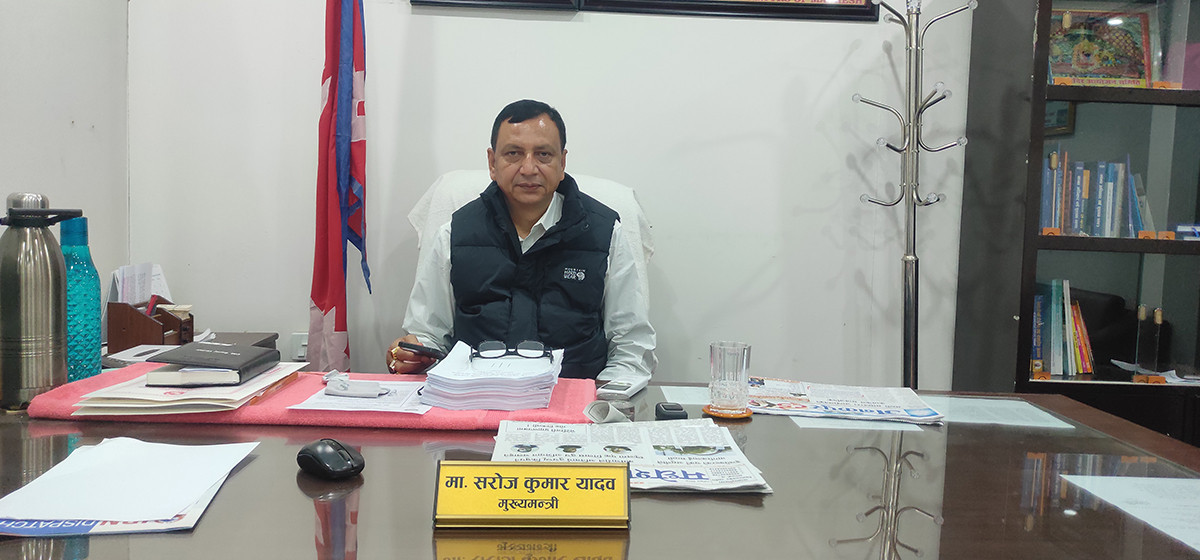
Leave A Comment